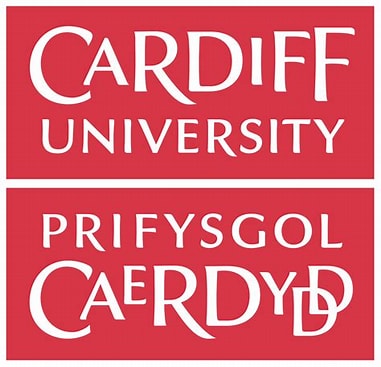 Cardiff University
Cardiff University
Reflection
What I have learnt?
* Knowledge and familiarity with software infrastructures such as html, css, and Java script applications, and an understanding of the specific processes involved in creating front-end pages for websites
* Enhanced understanding of key computing skills such as algorithmic reasoning, designing user interfaces and using software tools.
* These mobile software infrastructures use a problem-based approach to uncover underlying concepts that can be utilized to complete and deepen our understanding of the concept of "computational thinking".
* Determine where and how computation can be used in the context of rich data or content to solve discipline-specific problems, and relate this to the practice of computational thinking and concepts in computer science.
* Master some key programming concepts (such as variables and control flow) in a client-server context so as not to get bogged down by complex or abstract constructs.
* Learning computational thinking, like learning scientific and mathematical thinking, is more about developing a set of problem-solving heuristics and habits of mind than simply learning how to use programming tools to create computational artifacts.
* Recognize that the interactions of computing and society can be used to create opportunities or injustices, responsibilities or threats for individuals and organizations
Impact
• By learning computational thinking, one gains an initial understanding of programming and a solid foundation for learning more complex programming languages (e.g., python, etc.) in the future.
• Learning some algorithms enhances logical thinking to a large extent and helps to create a deeper understanding of the problem so that solutions can be developed in a focused way and their effectiveness evaluated.
• When learning computational thinking, resilience and perseverance are developed, self-confidence is built through open-ended problems, and failure is seen as an opportunity to learn and innovate.
• Computational thinking develops teamwork and communication skills, realizing the importance of teamwork and working better with others to solve problems in the future.
• Computational thinking is not only applicable to the field of computer science, but can also be applied in various disciplines such as mathematics, natural sciences, social sciences and engineering.
• It enhances the ability to think differently, to look at things from different perspectives, to think about problems from multiple angles and to come up with the most appropriate solutions.
• Enhanced ability to integrate and analyze data, which is a critical skill in many fields including scientific research and business decision making.
• Computational thinking helps to think about problems at a higher level, focusing on core concepts in order to better understand abstract concepts and models.
• Computational thinking greatly improves learning by encouraging the search for automated solutions, enhances time management skills, and reduces wasted time and effort.
• Computational thinking improves the ability to think creatively and helps to come up with more innovative ideas and solutions.
 Cardiff University
Cardiff University